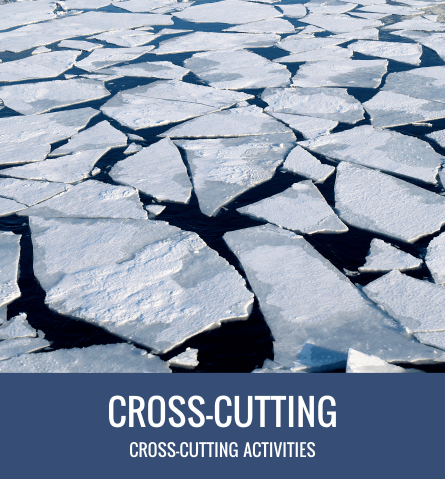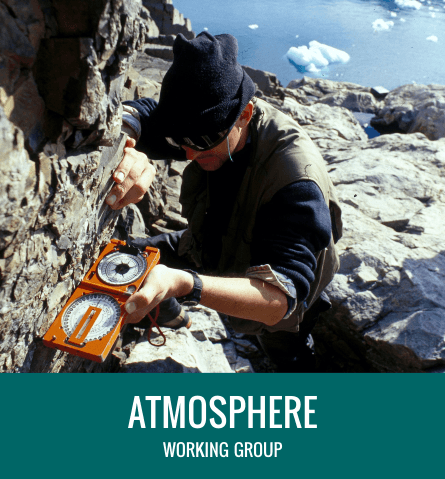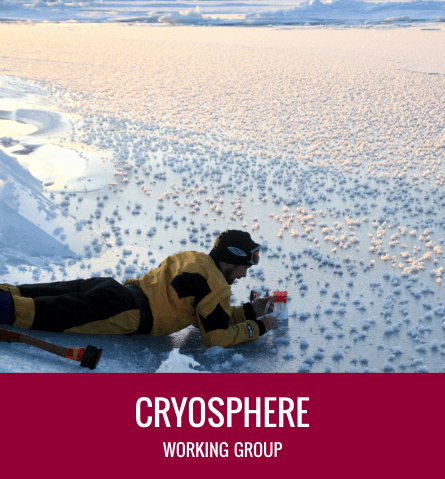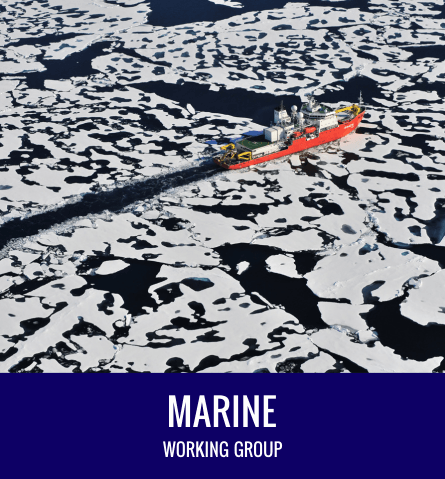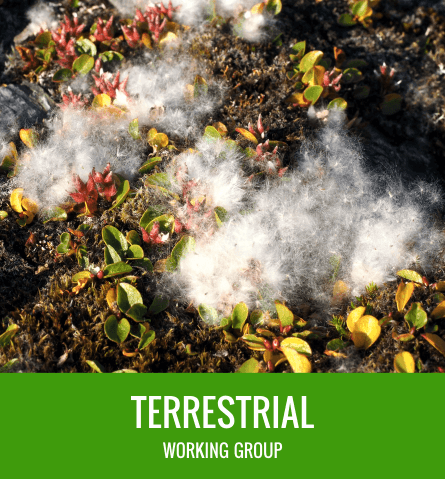Call for IASC Cross-Cutting and Working Group Proposals 2026
The International Arctic Science Committee (IASC) is now accepting proposals for consideration for IASC funding in 2026 until 5 January 2026 at 13:00 GMT.
The funding is provided by the five IASC Working Groups (WGs) (Atmosphere, Cryosphere, Marine, Social & Human, Terrestrial. It is aimed at encouraging and supporting science-led international programmes by offering opportunities for planning and coordination, and by facilitating communication and access to facilities.
Proposals can be submitted for:
- Cross-cutting Projects (relevant for two or more IASC Working Groups); or
- WG-specific Projects (relevant for only one IASC Working Group)
Cross-Cutting projects encourage the IASC Working Groups (WGs) to explore activities that straddle disciplinary lines. They are funded by at least two of the five IASC WGs. IASC wishes to promote cross-discipline thematic activities and encourage interaction between the WGs, in particular between natural and social sciences WGs.
More information on the scientific priorities of each IASC WG and the IASC Strategic Plan can be found here:
Each IASC Working Group (WG) supports activities that are solely relevant to their scientific priorities by offering funding for WG-specific projects (relevant for only one IASC WG).
More information on the scientific priorities of each IASC WG and the IASC Strategic Plan can be found here:
Requirements
- Applicants are not required to be members of the IASC Working Groups.
- All proposals must be discussed with the relevant IASC WG leadership/membership before submission. Applicants are responsible for contacting the WGs as early as possible in the development phase of the proposal.
- Applications are also welcomed from early career researchers (ECRs). ECRs are strongly encouraged to contact WG leaders/members in the early design phases for potential input or collaboration, and to ensure project alignment with IASC and WG priorities.
- All funded activities must follow the IASC requirements for IASC funded projects.
- Project activities can start the earliest in April 2026 and must be completed within 12 months.
- Projects are encouraged to use the annual Arctic Science Summit Week (ASSW) organised by IASC as a venue for their workshops. The ASSW 2027 will be from 12 - 20 April 2027 in Hakodate, Japan.
Note
- IASC only funds science-led international projects that offer opportunities for planning and coordination, or facilitate communication and access to facilities.
IASC does NOT fund individual research projects or fieldwork.
Evaluation criteria for all proposals:
- Does the activity have scientific merit?
- Does the proposal address and fit within the research priorities identified within the IASC Strategic Plan and the Work Plans of the relevant IASC Working Groups?
- How does the activity intend to promote the involvement of early career scientists not only in the implementation but also the planning of the activity?
- How does the planned activity address Indigenous engagement and collaboration?
- Does the planned activity have an achievable strategy to minimise its carbon footprint?
- Does the project have a good strategy for its planned outcomes and impact of the proposed activity (e.g. deliverables / dissemination strategy / broader impact)?
- Does the activity have support or endorsement from organizations other than IASC?
- If the project requests travel support for participants to attend an event (e.g. workshop, summer school, conference): How well does the proposal describe the selection process / criteria of the recipients of this travel funding?
Additional Evaluation Criterion for Cross-Cutting Proposals:
- How does the activity promote interdisciplinarity and the meaningful involvement of more than one discipline / WG in both its planning and implementation phases?
All lead applicants will be required to present their proposal to the IASC WG members during a webinar organised in the second half of January 2026, and answer questions the WG members might have during the review of the proposals about the proposed projects. The IASC Secretariat will be in touch with all lead applicants after the submission deadline of the proposals to arrange the exact date of this webinar. The webinar will be recorded and the recording made available to all WG members during the proposal review.
WG members will also be invited to ask questions to the lead applicants after this webinar while they are in the process of reviewing the proposals.
Review: The IASC WGs members will review all submitted proposals. A decision on which proposals will receive funding, will be made by the IASC Working Groups during their meetings at the Arctic Science Summit Week 2026 in Aarhus, Denmark, from 25 March - 1 April 2026
Announcements of Decisions: Applicants will be informed by the IASC Secretariat about the final result of their application by early to mid April 2026.
Please submit your proposal until no later than 5 January 2026 at 13:00 GMT using the form below. Attachments (detailed project description and budget) can be uploaded via the form. Late proposals submitted after the deadline will not be considered.
For questions, please contact the IASC Secretariat at info@iasc.info
The call for proposals is closed as the deadline has passed!

